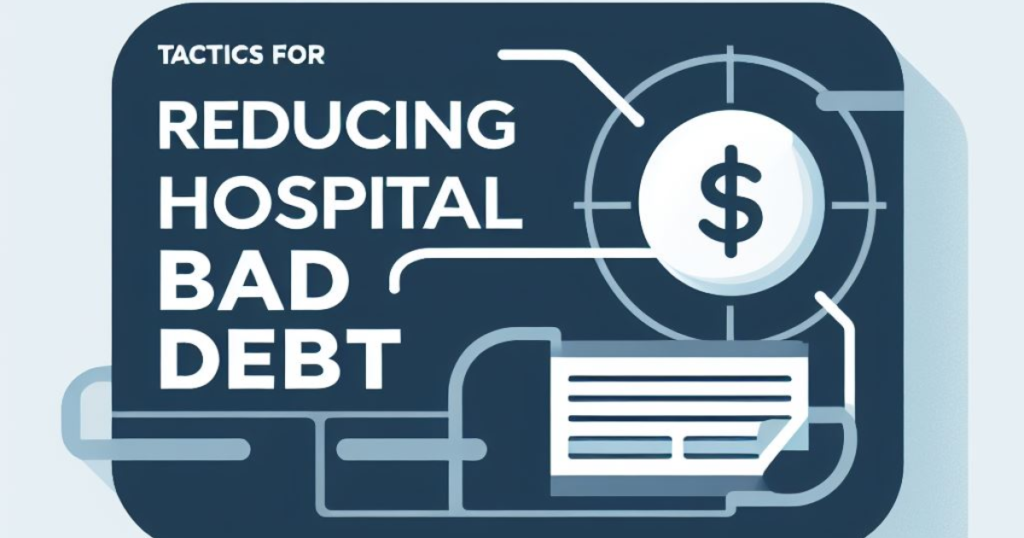
Medical Coding and Medical Billing are important steps in the medical reimbursement process. Medical coders use medical codes to assign medical diagnoses and procedures for patient medical records, while medical billers submit claim forms to insurance companies so that medical providers can be reimbursed for their services.
Accuracy in Medical Billing and Coding is critical for successful medical practices. Incorrect coding can lead to delayed payments, unnecessary insurance audits, costly fines, and even criminal charges. To ensure you are getting the most out of your medical practice, it is important to understand and avoid common medical billing and coding mistakes. Taking a few moments to double-check medical codes can save a significant amount of time, money, and stress in the long run.
Top 8 Common Medical Coding and Billing Errors
Here are a few of the most frequent Medical Coding and Billing errors that should be avoided.
1. Incorrect Diagnosis and Procedure Codes
This is when medical coders select the wrong diagnosis or procedure codes when coding medical documents. This results in incorrect Medical Billing, which can lead to inaccurate payments from insurers or government agencies and decreased reimbursements for medical services rendered.
2. Unspecified Diagnosis Codes
This is when medical coders fail to include specific details in their medical coding documents. This can lead to medical bills being rejected due to lack of specificity or medical bills not being paid at all since the insurer may not have enough information to properly process the claim.
3. Duplicate Billing
This is when medical practices submit multiple claims for the same medical service. This can lead to medical bills being rejected or denied, as well as medical providers potentially facing legal action for submitting medical bills for services that weren’t provided.
4. Upcoding
This is when medical coders select a higher-level code than necessary to receive more reimbursement from an insurer or government agency. This can lead to medical bills being flagged as suspicious and medical providers potentially facing legal action for potential fraud.
5. Undercoding
Undercoding is the act of assigning codes to medical procedures or diagnoses that are lower in complexity or specificity than what was performed or diagnosed. This can result in lower reimbursement from insurance companies, as the codes do not accurately reflect the services provided. Undercoding can occur intentionally or unintentionally, but it can have negative financial consequences for healthcare providers.
6. Incomplete or Incorrect Patient Information
Medical coders and medical billing staff must ensure that all patient information is accurate and complete for medical bills to be processed correctly. If medical coders enter incorrect or incomplete patient information on medical bills, it can lead to medical bills being rejected or denied due to discrepancies in the data.
7. Use of Physician Supervision Codes
Medical coders must use physician supervision codes when a medical service is provided by a medical assistant or nurse under the direction of a physician. If medical coders fail to use these codes, it can lead to medical bills being rejected due to lack of proper coding.
8. Unbundling
This is when medical coders use multiple medical codes for the same medical service when it should have been coded with a single medical code. This can lead to medical bills being rejected or denied due to a lack of proper coding.
Medical Coding professionals need to be aware of these common Medical Billing and Coding mistakes to help ensure accuracy and compliance with Medical Billing regulations, as well as avoid any potential legal issues. By following simple tips to avoid these common errors, medical practices can help ensure that medical bills are properly processed so medical providers can receive the reimbursements they are due.
Medical Billing Errors & Patient Rights
Prevention is always better than cure. To ensure accurate medical billing and protect patient rights, here are a few key steps to consider:
- Stay Up to Date with the Latest Trends: Maintain a comprehensive record of all medical visits, procedures, and tests. This includes documenting dates, providers seen, services rendered, and any medications prescribed. Having organized records will enable you to cross-reference them with your medical bills and identify any discrepancies promptly.
- Review and Ensure Quality Processes: It is important to have quality processes in place when medical coding and billing medical documents. This includes double-checking, where medical coders confirm that medical bills are accurately coded before submission to insurers or government agencies.
- Use Technology: Medical coding professionals should use technology to help simplify the Medical Coding and Medical Billing process. Technology can help medical coders ensure accuracy when coding medical bills and save time in the medical bill processing cycle.
- Get Expert Assistance: If you encounter persistent billing errors or face difficulties resolving disputes, consider seeking assistance from patient advocacy organizations, consumer protection agencies, or legal professionals specializing in healthcare-related issues. They can provide guidance, and support, and help you navigate the process.
- Review your medical bills and insurance statements: Carefully examine each bill or statement you receive from your healthcare provider or insurance company. Check for errors, such as incorrect charges, duplicate billing, or services you didn’t receive. If you spot any discrepancies, don’t hesitate to question them.
- Understand your insurance coverage: Familiarize yourself with your insurance plan, including coverage limitations, deductibles, co-pays, and out-of-pocket maximums. Knowing your rights and the extent of your coverage will help you make informed decisions and avoid unexpected financial surprises.
Conclusion
By following tips to avoid Medical Coding and Billing errors such as staying up to date with the latest trends, having quality processes in place, utilizing technology, cross-checking medical documents, and getting expert assistance when necessary medical coders can help ensure medical bills are accurately coded according to medical billing regulations. This will help medical providers receive the reimbursements they are owed and ensure Medical Coding and Billing are done correctly.
To stay updated with the latest regulations and changes, don’t forget to follow our blog, or simply stay connected on our social media channels.
References
1. AMA – https://www.ama-assn.org/practice-management/cpt/8-medical-coding-mistakes-could-cost-you
2.MB&CC – https://www.medicalbillingandcoding.org/common-problems-coding/
3. NCG Medical – https://education.ncgmedical.com/blog/top-5-medical-billing-mistakes-and-how-to-avoid-them
4.CapMinds – https://www.capminds.com/blog/7-common-medical-billing-and-coding-errors/
5. Duva-Swako – https://www.duvasawko.com/medical-coding-errors/





